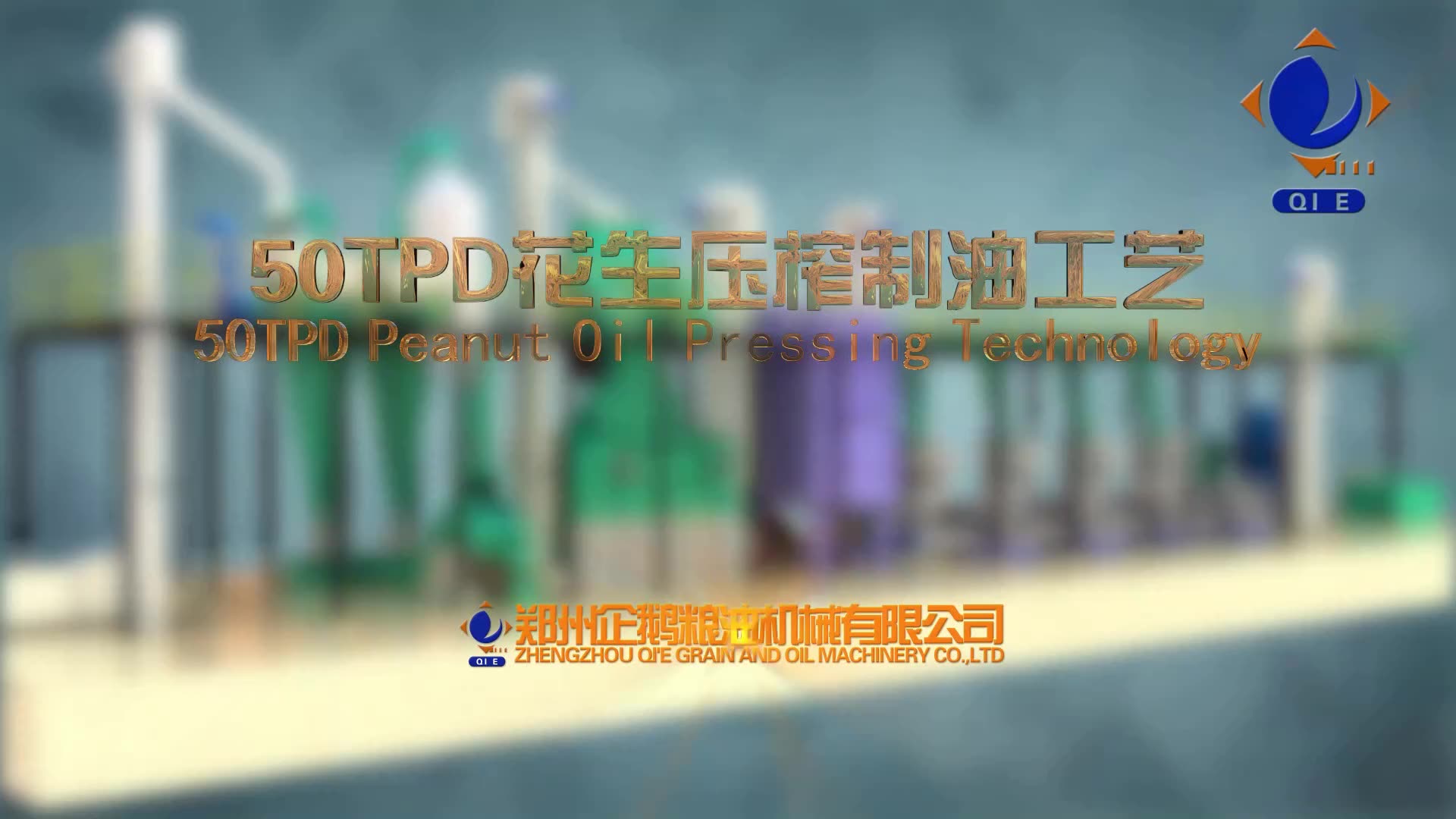
Sunflower seed oil extraction remains a cornerstone in the vegetable oil industry, demanding constant technological innovation to maximize output efficiency and product purity. The pressing process generally involves four critical stages: cleaning, dehulling, screw pressing, and filtration. Through precise optimization of these phases, manufacturers achieve enhanced oil yields—often improving output by 5-8% compared to traditional methods—and superior oil quality meeting stringent industry standards.
Removing impurities like dust, stones, and husk fragments ensures downstream equipment protection and reduces contamination risks. Advanced cleaning systems integrate multi-stage air suction and sieving mechanisms, achieving up to 99.5% foreign matter removal. Automation in these units minimizes manual intervention, promoting consistent feedstock quality while reducing labor overheads.
Dehulling modernizes the extraction by separating the shell from kernels, crucial since hulls contain minimal oil and can reduce pressing efficiency. Contemporary dehullers employ differential abrasion and pneumatic separation, reducing kernel breakage rates to below 2%. Effective dehulling increases oil yield and improves the pressed cake’s value as animal feed by lowering fiber content.

The heart of the process, screw pressing, transforms prepared seeds into crude oil and solid meal. Screw presses now feature variable speed drives and adjustable pressing chambers, allowing producers to fine-tune parameters such as press temperature, screw speed, and pressure. Studies indicate that optimizing these parameters can enhance oil extraction efficiency by up to 7%, with typical yields ranging from 38% to 45%, depending on seed quality.
| Parameter | Optimal Range | Effect on Yield |
|---|---|---|
| Pressing Temperature | 60-80°C | Improves oil fluidity & yield |
| Screw Speed | 20-30 rpm | Balances throughput & efficiency |
| Pressing Pressure | 50-80 MPa | Maximizes oil extraction |
The crude oil undergoes filtration to remove residual solids and moisture, critical for prolonging shelf life and optimizing downstream refining. Modern filtration solutions employ multi-layered filter presses and vacuum filters, achieving clarity levels above 98% and moisture content below 0.1%. Integration of automated cleaning cycles reduces downtime and labor costs significantly.

Small-scale producers benefit from compact, semi-automated pressing lines that emphasize ease of operation and energy savings, whereas large enterprises often invest in fully automated systems integrating real-time process monitoring and data analytics. In either case, adapting equipment specifications to feedstock characteristics and production goals is paramount—custom configurations typically improve overall energy efficiency by 12-18% and lower maintenance interventions by 20%.

Modern machinery incorporates energy-saving motors and optimized hydraulic systems that reduce power consumption by up to 25% compared to legacy equipment. Routine predictive maintenance, supported by sensor-based diagnostics, anticipates mechanical wear and scheduling interventions, thereby minimizing unscheduled downtime. This contributes not only to economic benefits but also aligns with sustainable environmental objectives by lowering overall carbon emissions associated with oil production.
Unlock the full potential of your sunflower seed oil production with state-of-the-art automated pressing and customized solutions. Discover how tailored technology and process innovation can transform your operation’s efficiency and oil quality today.

